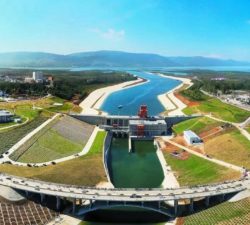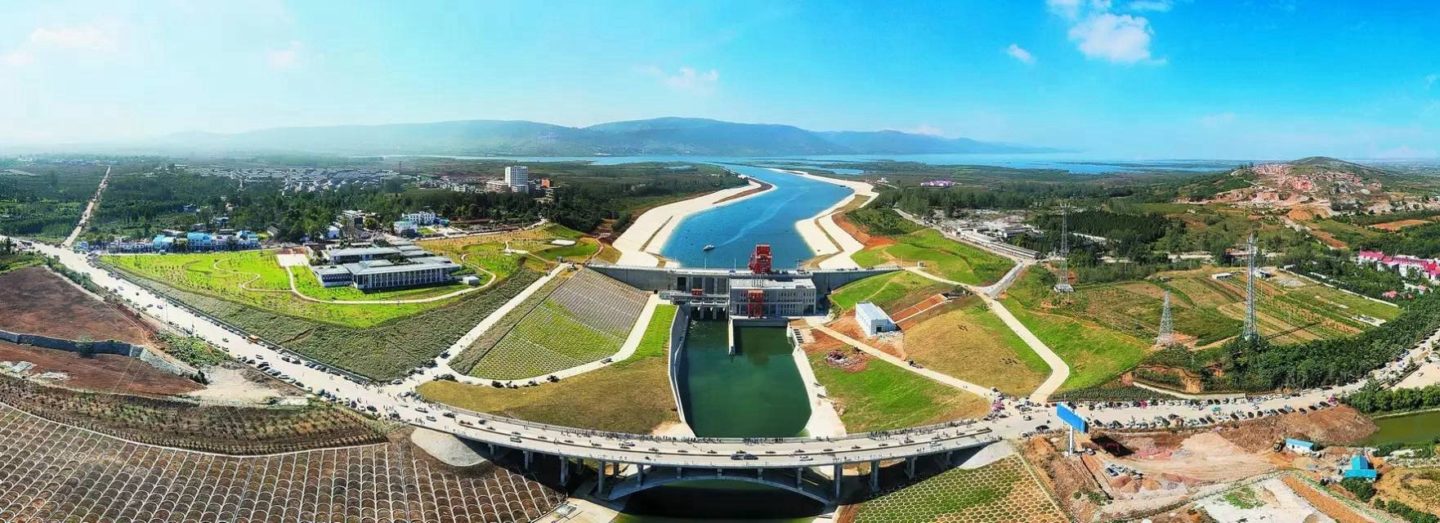As Asia intensifies efforts to meet its growing infrastructure needs, increasing attention is being paid to environmental, social and governance (ESG) considerations. Banks and other financial intermediaries are therefore having to think hard about the sustainability aspects of projects that they choose to finance.
The Asia Pacific region needs to invest $22.6 trillion in infrastructure improvements over the 2016-2030 period to maintain its growth momentum, according to the Asian Development Bank. And this figure rises to more than $26 trillion, or $1.7 trillion per year, if climate change mitigation and adaptation costs are added, the ADB said in its 2017 report Meeting Asia’s Infrastructure Needs.
Meanwhile, ESG standards have become a huge topic in Asia in recent years – not least because of the high costs that result when these factors are ignored in infrastructure projects.
Investors are increasingly incorporating ESG factors into asset allocation decisions, and…


